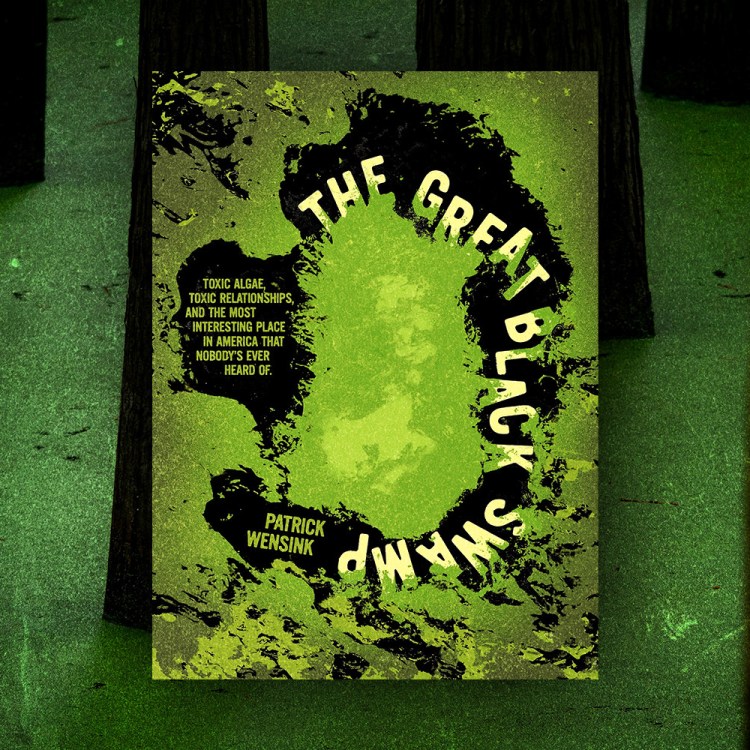In a major threat to human civilization as we know it, people have wiped out over 60% of the world’s mammals, birds, fish and reptiles since 1970.
The report from the World Wildlife Fund, called the Living Planet Index, found that humans’ vast food and resource consumption is destroying the web of life (clean air, water, etc.) that sustains all living creatures and organisms — including people.
“We are sleepwalking towards the edge of a cliff” WWF executive director of science and conservation, Mike Barrett, told The Guardian. “If there was a 60% decline in the human population, that would be equivalent to emptying North America, South America, Africa, Europe, China and Oceania. That is the scale of what we have done.
“This is actually now jeopardizing the future of people,” he continued. “Nature is not a ‘nice to have’ — it is our life-support system.”
The new research combined with complimentary studies concludes that humankind has destroyed more than 80% of all mammals and half the plants on Earth since the dawn of civilization — damage that would take somewhere between five and seven million years to reverse if it was to begin a complete reversal today.
Thanks for reading InsideHook. Sign up for our daily newsletter and be in the know.


















